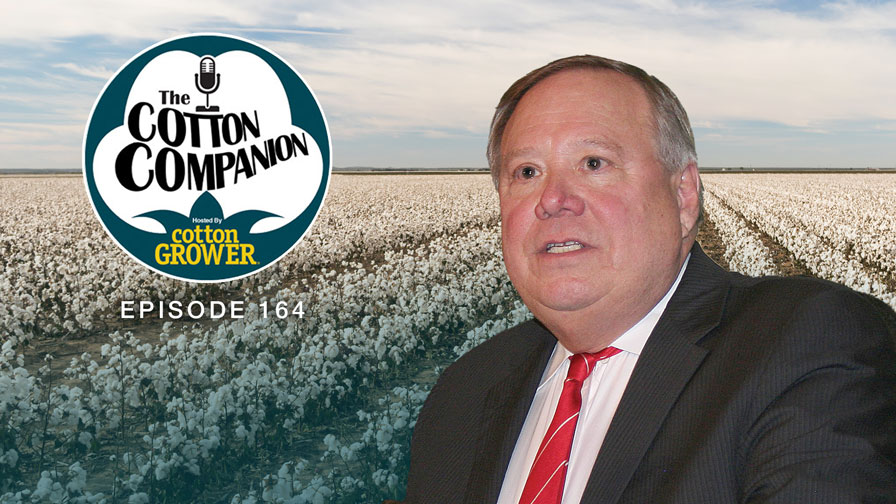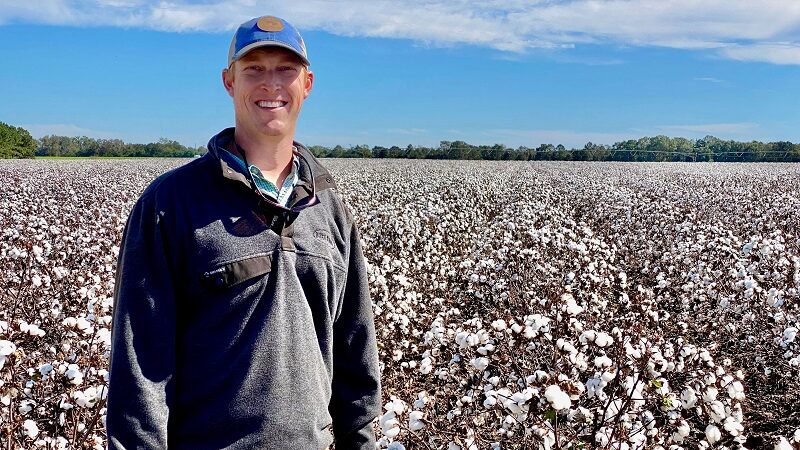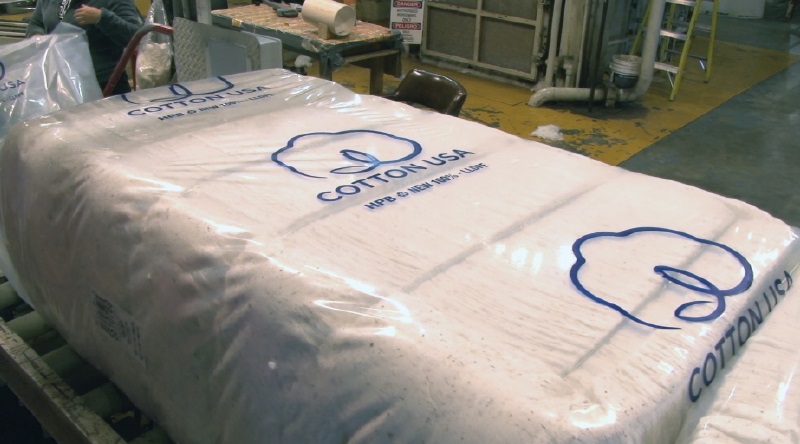Developments in Textiles Production
Two important developments in global textile production recently took place in Lubbock, Texas, USA.
Koramsa Corporation of Guatemala City, Guatemala, and Plains Cotton Cooperative Association (PCCA) of Lubbock have signed a definitive contract in which PCCA purchases key assets of Koramsa Corporation, forming a new company named DENIMATRIX, LP, to produce fashion jeans at the former Koramsa facilities in Guatemala City.
Also, The Institute of Environmental and Human Health (TIEHH) at Texas Tech University in Lubbock introduced a new, state-of-the-art fabrics laboratory.
DENIMATRIX president Carlos Arias says, “DENIMATRIX will be the first fully-integrated vertical supply chain from raw cotton to finished jeans in the Western Hemisphere. We are very excited about the opportunity to partner with PCCA’s American Cotton Growers (ACG) denim mill.”
PCCA President and CEO Wally Darneille echoed Arias’s sentiments: “DENIMATRIX will have the finest combination of facilities and capabilities in this hemisphere. We will continue to produce denim at our Littlefield, Texas, facility and will deliver fabric to Guatemala. This should allow us to shorten the supply chain further. Given today’s retail environment, the 60-90 day advantage we will have over Asian and Middle Eastern supply chains will provide tangible, measurable value for apparel brands and retailers.”
PCCA is a producer-owned cotton marketing cooperative headquartered in Lubbock.
Focus On Research
At Texas Tech University, the new 4,000-square-foot fabrics laboratory, named the Nonwovens and Advanced Materials Laboratory, was unveiled in April. The new lab’s air conditioning and humidification system, contoured needlezone needlepunching technology and thermal bonding capability will allow for faster, more focused research into nonwoven technologies.
Nonwoven fabrics are broadly defined as sheet or web structures bonded together by entangling fiber or filaments (and by perforating films) mechanically, thermally or chemically. They are flat, porous sheets that are made directly from separate fibers or from molten plastic or plastic film. They are not made by weaving or knitting and do not require converting the fibers to yarn.
Seshadri Ramkumar, associate professor, lab manager and Fibertect creator, said the new nonwoven facility will help TIEHH to continue top-quality research into protective fabrics and other nonwoven materials. Fibertect is a platform technology, and different fibers, including natural fibers such as cotton, can be used depending on applications and requirements, Ramkumar said.
“One of the main focuses of this lab will be used to develop new products from cotton and wool, such as thermal and acoustic insulation pads, and automotive and defense textiles,” Ramkumar added. “Our aim is to find value-added applications for products made of cotton grown on the High Plains. Surely, this nonwoven laboratory will help.”
The Institute of Environmental and Human Health develops environmental and health sciences research and education at Texas Tech and Texas Tech University Health Sciences Center.








